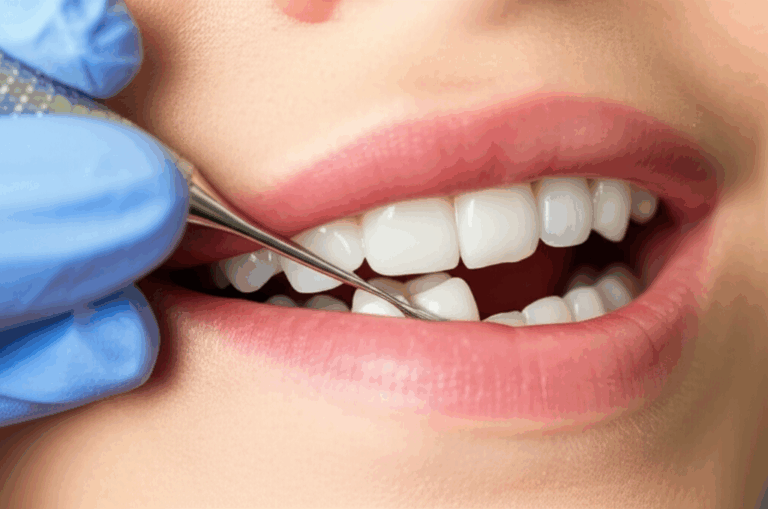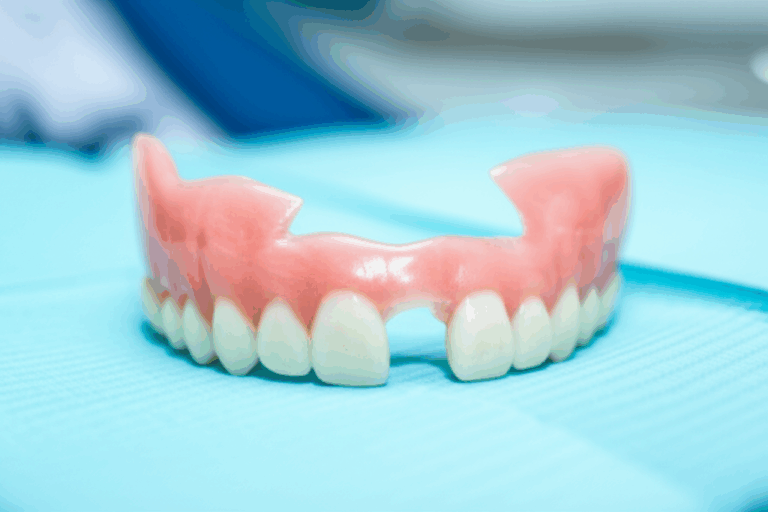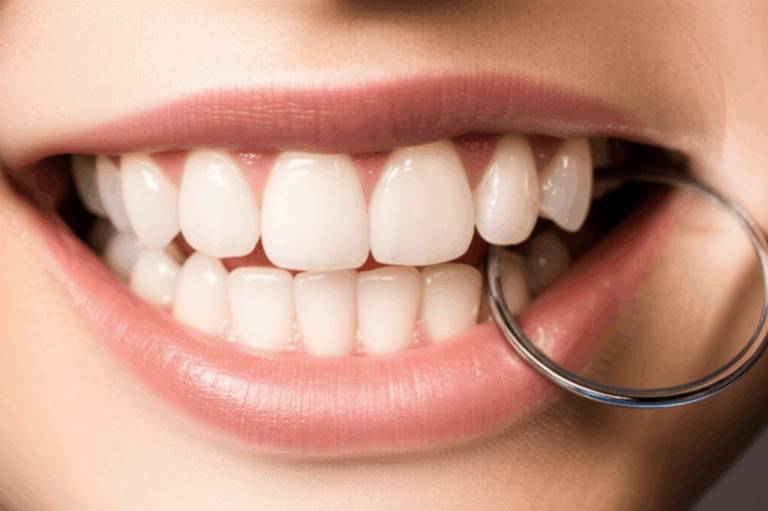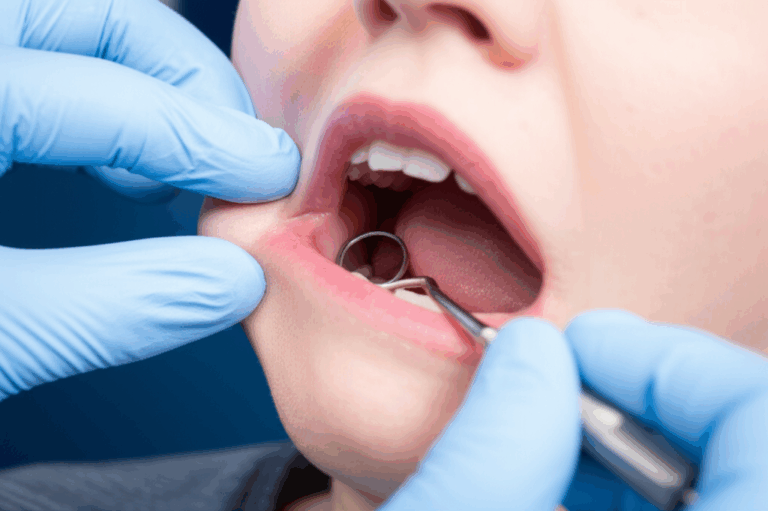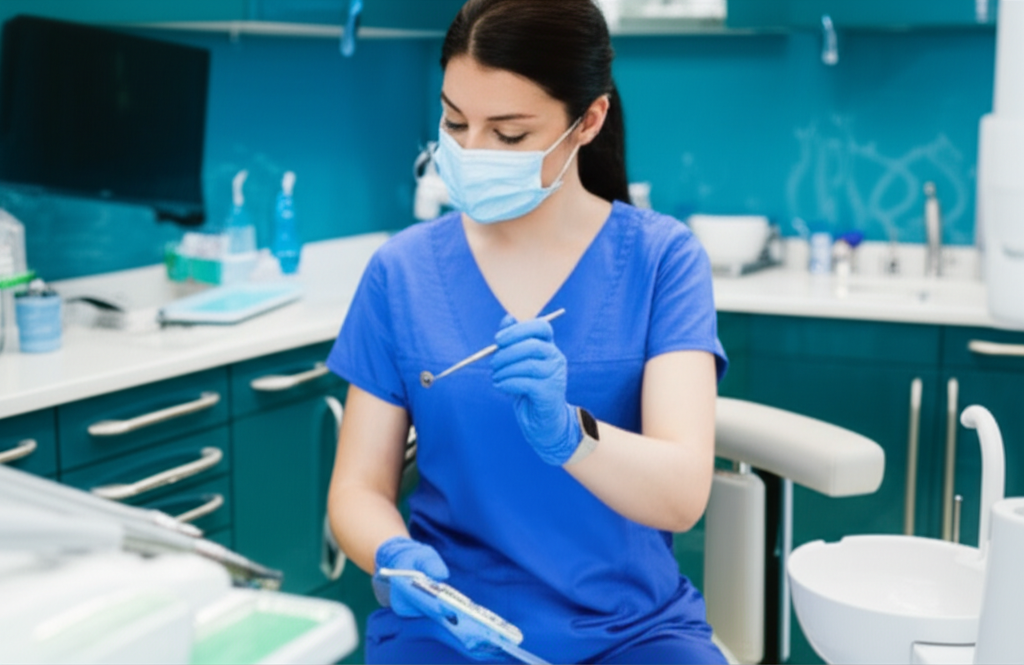
Can a Dental Hygienist Practice Without a Dentist? My Take on Direct Access and Independent Roles
Table of Contents
- The Evolving Landscape: A Direct Answer to a Complex Question
- What is “Direct Access” in Dental Hygiene?
- A State-by-State Patchwork: Why Regulations Vary Wildly
- Levels of Supervision Explained
- What Services Can an Independent or Direct Access Hygienist Provide?
- The Benefits of Independent Dental Hygiene Practice
- Challenges and Considerations for Independent Practice
- How to Become an Independent Dental Hygienist (Pathways and Requirements)
- The Future of Dental Hygiene: Advocacy and Expansion
- Conclusion: Autonomy with Responsibility
The Evolving Landscape: A Direct Answer to a Complex Question
From where I stand as someone who’s watched the changes in dental hygiene jobs over the years, this question—can a dental hygienist work without a dentist—doesn’t have a simple yes or no. What I’ve learned is that if a hygienist is allowed to work on their own depends on where you live and what your state says about direct access and how much you have to be watched.
When I started, the idea of a hygienist working alone seemed like a dream. Things really have changed now. In a lot of places, you really can work by yourself, or at least not need the dentist standing right there. But it isn’t the same everywhere. Some states let you do a lot, and others keep the rules really tight. If you want to know your next steps in your job, want to hire a hygienist, or want care that’s easier to get, you need to understand how things are changing.
What is “Direct Access” in Dental Hygiene?
Let’s talk about this term. When I say “direct access,” I mean a setup where a dental hygienist can give people regular teeth cleanings and other basic care without a dentist telling them what to do first, and without a dentist in the building. Imagine it’s cleaning time for your teeth, your kid needs sealants, or you want fluoride, but there’s no dentist nearby. In a state with direct access, a hygienist could help you directly, often in places like schools, free clinics, or even right at your house.
This is different than the older ways—direct, indirect, or general supervision—where a dentist has to sign off, be there in person, or just okay the care. With direct access, the big idea is to make it quicker and easier for folks to get the teeth cleaning they need, especially where there aren’t many dentists around.
I remember when I first heard about direct access and thought, “Wow, this could help a lot of rural or poor towns.” And honestly, it really has made a difference where it’s allowed.
A State-by-State Patchwork: Why Regulations Vary Wildly
If you’re like me, you like straight answers: there’s no single law in the U.S. that says yes or no to independent dental hygiene work. Each state has its own rulebook, and they do get changed sometimes.
Some states—like Colorado, Maine, and Oregon—are kind of famous in dental hygiene because they let us do a lot by ourselves. Others, like Texas or Alabama, don’t. And then some are right in the middle, with mix-and-match rules or special test runs.
I still remember thinking about moving for a job in Vermont, but when I read their rulebook, I found out “direct supervision” didn’t mean what it did in my old state. That’s why you really have to check the laws whenever you move or think about changing how you work.
Levels of Supervision Explained
A lot of my friends and coworkers ask me to explain the different kinds of supervision. Here’s the simple version, the way I see it:
- Direct Supervision: The dentist has to be there in the room when you work.
- Indirect Supervision: The dentist is in the office but not in the same room as you.
- General Supervision: The dentist says it’s okay, but isn’t there at all.
- Direct Access (No Supervision): The hygienist decides what the patient needs and does it, with no dentist involved, for basic, safe treatments.
Getting these rules right helps us reach more people, or sometimes just runs us into a wall of paperwork.
What Services Can an Independent or Direct Access Hygienist Provide?
I hear this question a lot: “If you don’t have a dentist, what can a hygienist do?” The main services are still the same—cleanings (prophy), deep cleanings (scaling and root planing), teaching people how to care for their mouth, fluoride, and sealants. In many states, independent hygienists can also do X-rays and give people a referral if they need a dentist.
Depending on the state, you might even see hygienists doing a little more, like:
- Giving shots to numb your mouth (local anesthesia)
- Using laughing gas (nitrous oxide)
- Putting in temporary fillings
- Taking impressions of teeth
But one thing is very clear—hygienists can’t diagnose diseases, do stuff like fillings or pull teeth, or write medical prescriptions. That line never moves, no matter where I’ve worked.
For example, when I was working on a mobile dental van way out in the country, I could handle just about everything except handing out antibiotics—if someone needed more than what I could do, I had to call the dentist we worked with.
The Benefits of Independent Dental Hygiene Practice
For Patients
If you’ve ever tried and failed to get a dentist appointment, you already get the biggest benefit: access. With direct access, hygienists can come to you, work in schools, or pop by nursing homes—places where people often get skipped for regular teeth cleanings. I’ve seen seniors smile after their first cleaning in years, and I’ve seen kids calm down because the hygienist came to them, not the other way around.
It usually costs less, too, and it means you don’t have to wait forever or jump through hoops just to get basic care.
For Dental Hygienists
For me, the best part about independent work is having control. I enjoy setting my own hours, picking how I explain tooth care, and even running my own small business. Sometimes people think it’s risky, but I think it’s a great way to help where the regular health system can’t reach.
I’ve talked to a lot of other hygienists who say it feels great knowing they really helped someone, especially people who usually get ignored.
For Public Health
I like to look at the big picture. When communities get more dental hygiene, less people end up in the ER with bad toothaches or serious gum problems. In fact, some places have seen fewer dental emergencies since direct access grew. Everyone wins.
Challenges and Considerations for Independent Practice
Let me be honest—working by yourself as a dental hygienist isn’t all easy. Every step has something tricky.
Legal & Regulatory Hurdles
First thing you need is knowing the law. I would spend hours reading through state rules, checking for special licenses, and making sure I had the right paperwork. It can feel overwhelming, but it’s important.
Business Acumen
Running your own place isn’t just about cleaning teeth. You gotta get good at advertising, billing, insurance, privacy (HIPAA), and keeping everything clean and safe. That’s before you even think about hiring someone to help or setting up a van. I know hygienists who love this stuff, but you’ve got to be pretty determined and okay asking for help.
There are some good resources now, like help from the Small Business Administration (SBA), but experience is still the best teacher.
Referral Networks
One big thing I learned right away: you have to make friends with dentists for when your patient needs more than what you can do. If you see an infection, or weird changes in the mouth, you gotta know who to send the person to. Building these relationships makes your work much smoother.
Liability & Insurance
Don’t work without insurance. Even if you never make a mistake, just having good coverage helps you sleep better. And I’ve found insurance companies are finally starting to understand that more hygienists are working on their own.
Initial Investment
Whether you open a small clinic or work from a van, getting started costs money. You’ll need X-ray machines, dental chairs, and cleaning machines—it’s a lot of shopping! I usually tell people to look for used equipment or team up with local clinics to save money.
Also, if you want to use lab stuff for your services, teaming up with a china dental lab can help you save on supplies.
How to Become an Independent Dental Hygienist (Pathways and Requirements)
So, how do you become an independent hygienist? Here’s what I’ve learned from doing it and talking to others around the country:
Education & Licensure
Start with the basics: finish dental hygiene school from a program that’s approved, and get your license for the state where you want to work. That part is the same everywhere.
Experience Requirements
In a lot of states, you have to work in a dentist’s office for two to five years before you can work on your own. Looking back, those first years really helped me get ready for what comes next.
Specialized Training/Certifications
Some states want you to do extra training, especially if you’ll do things like give shots or work in public places. Keep your classes and learning hours up to date.
Collaborative Agreements
Sometimes, even if you work alone, your state makes you get a written plan with a dentist. This agreement says what you can do and when you have to call the dentist in.
Business Planning
Before I rolled out my own mobile practice, I spent months planning—finding money, getting licenses and permits, even learning how to get paid by Medicaid. If you want to work alone, go slow and build up from a good plan.
Equipment and Technology
If you want to do advanced stuff, like use computers to make tooth models, teaming up with a digital dental lab can help you offer newer services to your patients.
The Future of Dental Hygiene: Advocacy and Expansion
This is what makes me excited: people keep talking about letting hygienists do more by themselves. The American Dental Hygienists’ Association (ADHA) and all the state hygiene groups work hard every year to change laws to let us help more people.
I’ve been to a lot of meetings about this, talking and listening to lawmakers with other hygienists who believe in the power of clean teeth. The hygiene job is finally getting noticed as a main part of dental care, giving help where regular dentists sometimes don’t reach.
If you’re thinking about this, stay in touch with your groups—rules do change almost every year. Join the groups, talk to other hygienists, and you’ll always be ready for what comes up next.
If you want to offer even more services, working with an implant dental laboratory can help you give your patients more options.
Conclusion: Autonomy with Responsibility
After all these years in this job, nothing taught me more than working with more freedom. Yes, hygienists really can work alone in some states, and yes—it’s opening doors for people and for the job itself. But it’s not a free-for-all. More independence means you have to know the law and always do the right thing.
My advice? Start by reading your state’s dental hygiene rules. Talk to your local groups, meet other independent hygienists, and keep learning new things. The work is not always easy, but it’s worth it. You can change your life—and help a lot of people right where you live.
If you want to start a mobile clinic, think about a new team, or just want to know where this job is going, I hope my story helps you feel ready and excited to try.

